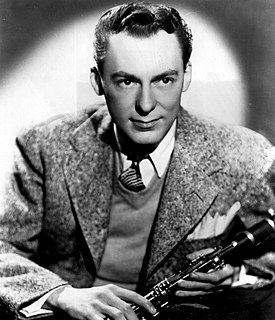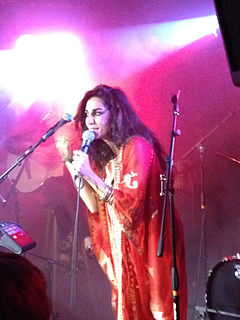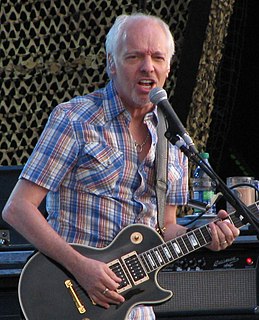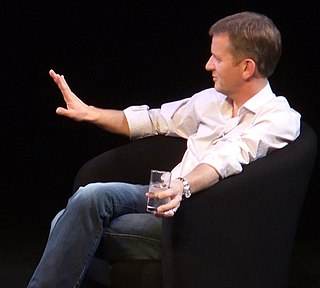A Quote by Peter Hook
In the late '70s, the conditions that bands had to endure were, shall we say, not as civilized as they are today. People were a lot more aggressive back then. So there was definitely a lot of suffering for your art. But I would argue that was a good thing. Generally, people make better music when they suffer.
Related Quotes
When I was a kid, a lot of my parents' friends were in the music business. In the late '60s and early '70s - all the way through the '70s, actually - a lot of the bands that were around had kids at a very young age. So they were all working on that concept way early on. And I figured if they can do it, I could do it, too.
We were just trying to make the films that we could get made, and to push the envelope. We didn't realize how far we had pushed the envelope. That all came later. That all came from books and articles about the golden age of the '70s. Believe me, to a lot of us, it was no golden age. The studio heads were very powerful then. They would fire guys right and left. They would look at your dailies and tell you what was wrong with them... a lot of stuff that doesn't go on today. Young filmmakers who are successful today, they don't often have that to put up with.
It's almost a social grace to get into the art world, and I'm very wary of it. Art was good in Berlin in the late '70s - there was a lot more guts to art when the Neo-Expressionists were starting up; it was real slapdash; it has real heart to it - but it seems so cold and heartless in America. It's a buyer's market.
People are making a lot of music and higher and higher quality. I can't say the same thing for how people are listening to music. People are hearing music through terrible speakers, little computer speakers, there's a lot to get back to in terms of hi-fi and people listening to better quality, technically better quality music.
Sometimes you have to wonder if there isn't an ejector seat built into having a popular-music career. We were lucky when we started. We were already old when we started - you could have described our first album as "aging Brooklyn guys." We were in our late 20s. We weren't octogenarians, but a lot of bands were already younger than us. Fortunately, we've held on to our manly good looks.
I saw. I wanted to start my own store so people would know that what they were buying was real. There were bootlegs around at the time that had my name on the cover, but the music had nothing to do with me. I'm not trying to compare myself to [Jimmie] Hendrix, but back in the '70s, there were some Hendrix bootlegs.
The U.K. voted for Brexit and a lot of weak-willed, lily-livered people will say 'yeah but the people did not know what they were voting for, they had no idea of what this was going to entail.' Those are the people who are saying 'lets get a second referendum, let's make the people aware this time that there is, in fact, a lot more to this.'
We wanted to more richly experience why we were alive, not just make a better life, and so people went in search of things. The great thing that came from those that time was to realize that there was definitely more to life than the materialism of the late sixties and early sixties. We were going in search of something deeper.
I could tell Hugo was convinced that he would get to walk back up these stairs: after all, he was a civilized person. These were all civilized people. Hugo really couldn't imagine that anything irreparable could happen to him, because he was a middle-class white American with a college education, as were all the people on the stairs with us. I had no such conviction. I was not a wholly civilized person.



































